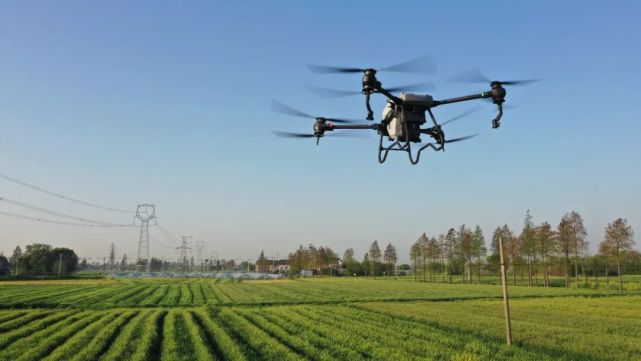Weeds have long been the bane of farmers, competing with crops for nutrients, sunlight, and water. Traditionally, weed control has been a labor-intensive and costly endeavor. However, the introduction of drones into agriculture is changing the game. In this article, we will explore how drones are transforming weed control in modern farming.
Drones equipped with advanced cameras and computer vision technology are capable of identifying and mapping weed infestations in agricultural fields. These drones fly over the fields, capturing high-resolution images and generating detailed maps of weed distribution. This information is invaluable to farmers, as it enables them to precisely target areas that require weed control measures.
One of the primary benefits of using drones for weed control is their ability to cover large areas quickly. Unlike manual weeding or tractor-based methods, which are time-consuming and labor-intensive, drones can survey extensive fields in a fraction of the time. This efficiency is especially important in large-scale farming operations.
Once the weed-infested areas are identified, drones can be equipped with spray systems that deliver herbicides directly to the weeds. This targeted approach minimizes herbicide usage, reduces chemical runoff, and decreases the environmental impact of weed control. It also results in cost savings for farmers, as they use fewer herbicides.
Furthermore, drones can be programmed to conduct regular weed control flights throughout the growing season. This proactive monitoring allows farmers to stay ahead of weed growth and prevents weed competition from impacting crop yields. The ability to intervene early is crucial for successful weed management.
In some cases, drones can even be used for non-chemical weed control methods, such as thermal treatment or mechanical removal. These innovative approaches further reduce the reliance on herbicides and promote sustainable farming practices.
In conclusion, drones have emerged as powerful tools in the battle against weeds in agriculture. Their ability to provide accurate weed mapping, efficient herbicide application, and proactive weed control strategies is transforming the way farmers manage weed infestations. As technology continues to advance, we can expect even more sophisticated and environmentally friendly weed control solutions in the future.







Please sign in to comment
register